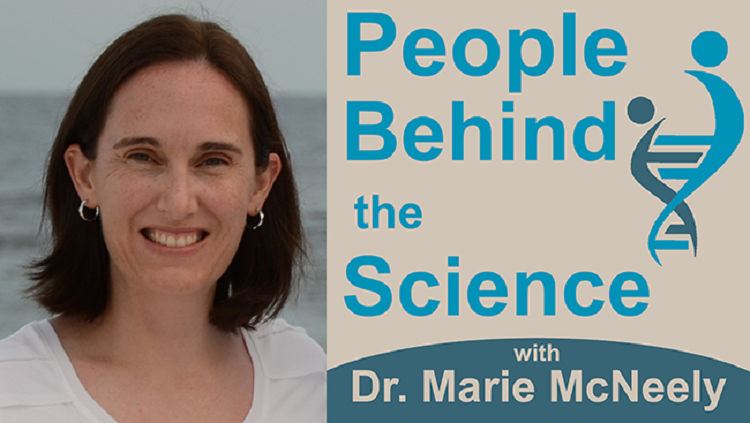Recent Discoveries
The scientist describes her work examining cognition and dementia in Parkinson's disease.
Some pages on this website provide links that require Adobe Reader to view.
Copyright © Society for Neuroscience

